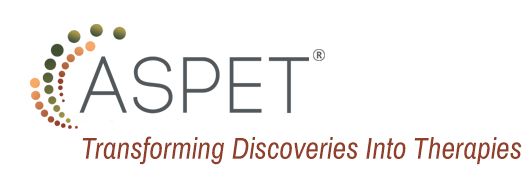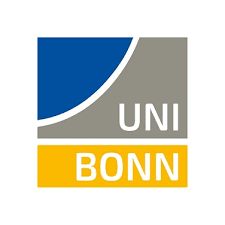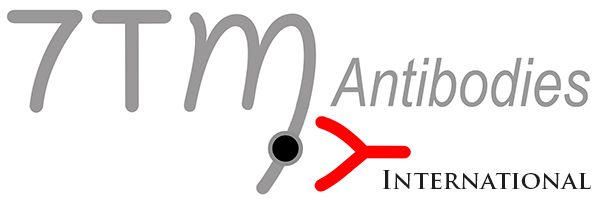
4th Transatlantic ECI GPCR Symposium

Maria Marti Solano
Cambridge University

Aashish Manglik
University of San Francisco
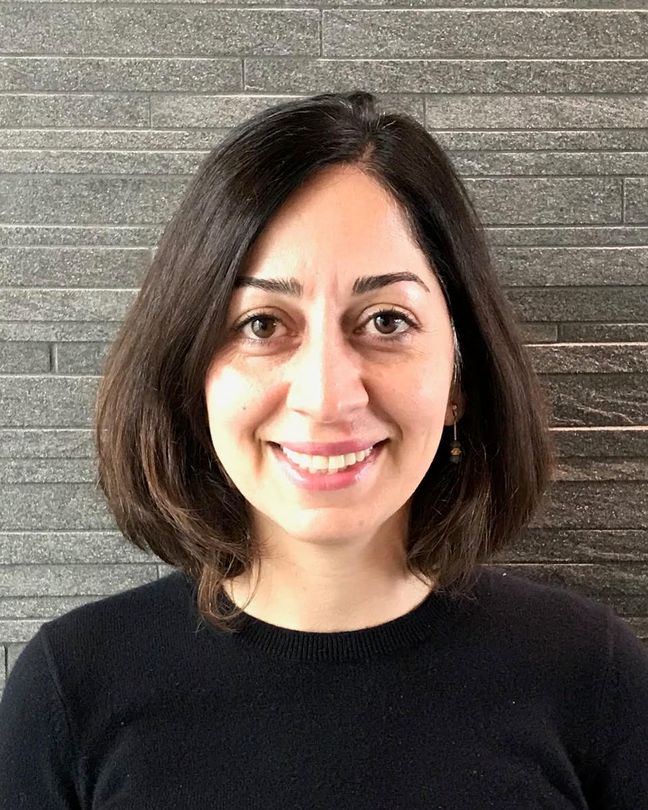
Roshanak Irannejad
University of California, San Francisco

Reid Olsen
Exscentia
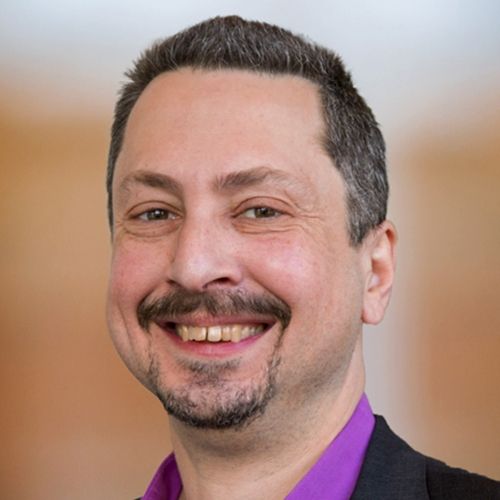
Andrew Alt
University of Michigan
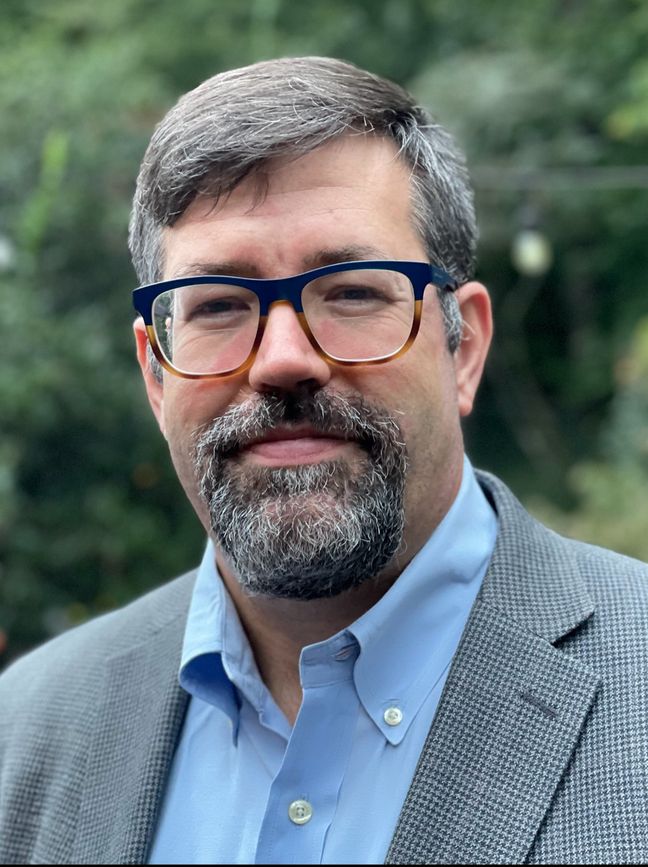
Matthew Torres
Georgia Institute of Technology
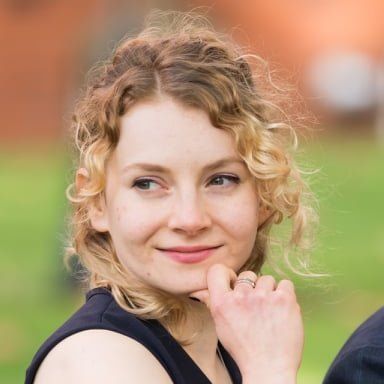
Katarzyna Ciazynska
Nature Structural & Molecular Biology
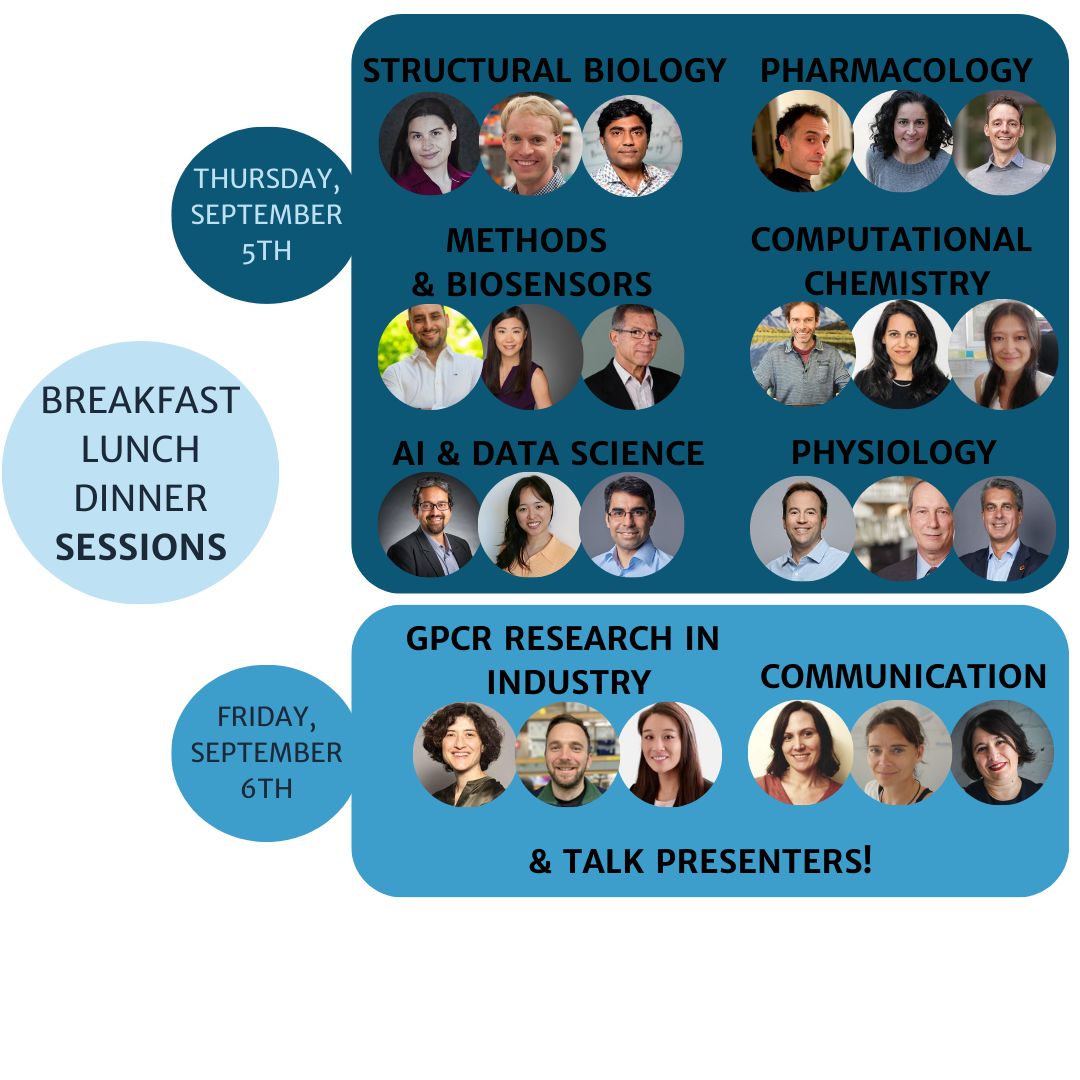

Location
Online event:
Dates
Registration period:
May 17, 2024 - 9:00 AM EDT - September 6, 2024 - 5:45 PM EDT
Submission period:
May 27, 2024 - 9:00 AM EDT - September 4, 2024 - 11:59 AM EDT
Contact us
If you have any questions, please contact ecigpcrsymposium@gmail.com
